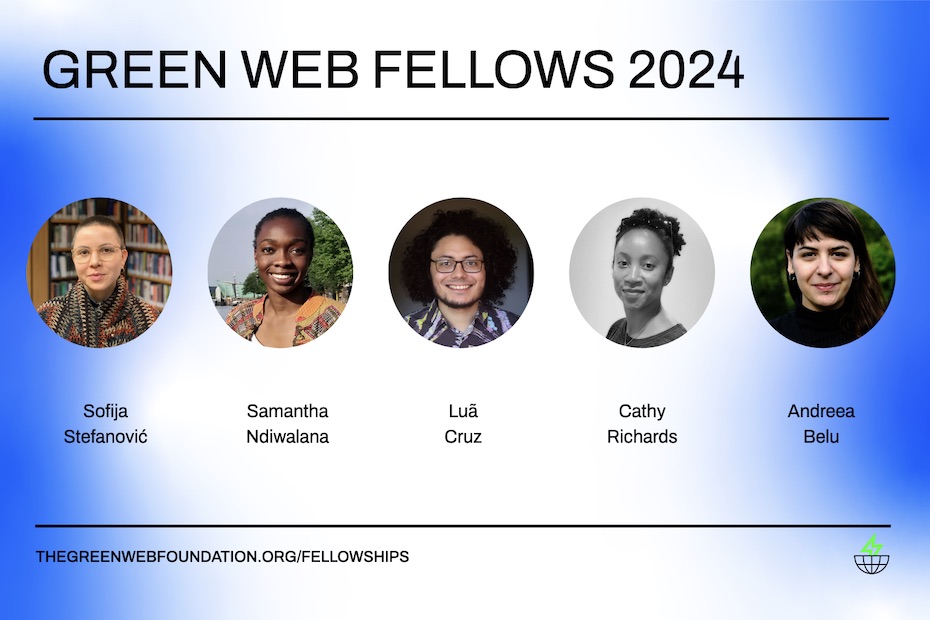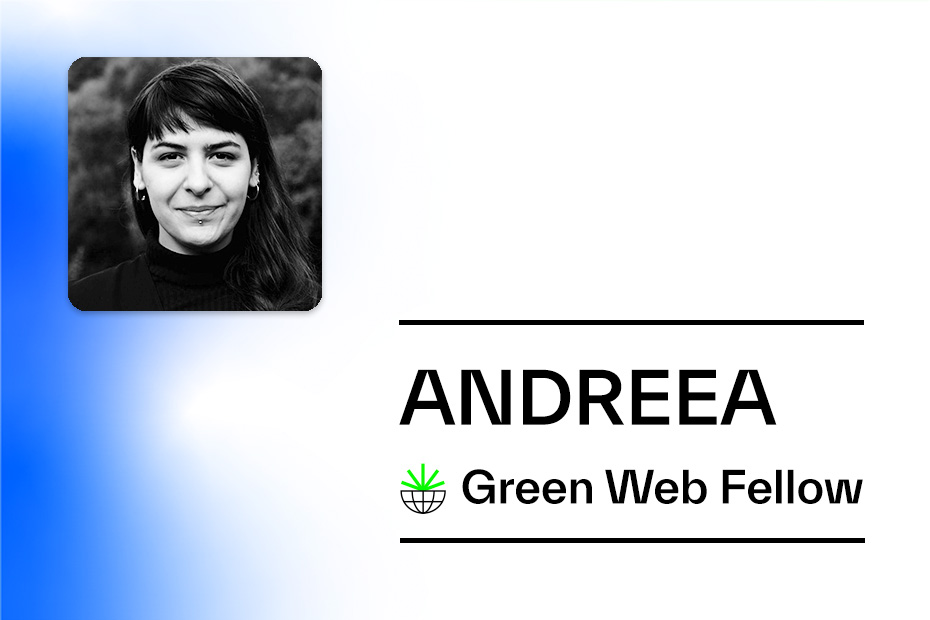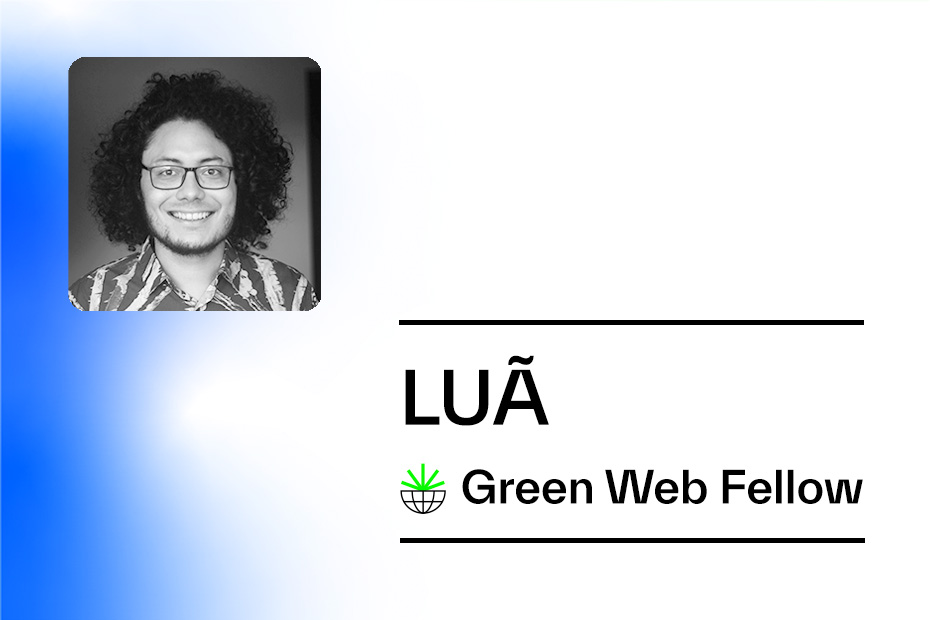Diving deeper into data centres in South Africa, I’ve been struck by the depth of information asymmetry. Gearing up to work on the Fellowship, I thought the steps were clear: I had a topic that I was passionate about and I had a strategy where I had mapped out the way forward, step by step. However, the deeper I get into this topic, the murkier the water becomes. The only way out is through, so let’s take a few steps back before moving forward.
Where to begin?
I began my research into data centres by reading, listening to, and watching everything I could get my hands on. Adding to my existing base of knowledge was important because you never know how much you don’t know, until you open yourself up to learning. The next step was reaching out to as many people as I could. Activists, government officials, academics, people who work in data centres. In research, whenever you move beyond journal articles towards people, that’s where the real breakthroughs come in.
Maybe one day, but not today
Speaking to climate activists in South Africa, I get the overwhelming sense that they are stretched thin. Activists are a broad group covering a wide range of interests from protesting oil and gas developments across the country to advocating for a Just and Sustainable Transition. In South Africa, there are also elements of class, wealth, and race to consider. So while there are opportunities for activists to connect and collaborate, their differences, and the burden of their work and responsibilities is too high relative to their available resources and capacity. This means that activists have to be selective about where they invest time and energy. Given South Africa’s mineral-rich nature, their focus tends to projects related to mitigating the impact of the extractive industries, such as mining, oil and gas. One finding of my research is that there is a growing understanding of the risks and benefits of technology in climate activism, knowledge on the role and impact of data centres on the environment remains limited. This means that activists are unable to truly leverage the connection between climate and technology with digital climate issues relegated to being a future problem – someone else’s problem.
The sound of silence
Unanswered emails, being placed indefinitely on hold during phone calls and fake email addresses. My numerous attempts to connect with South Africa’s electricity and water utility companies on data related to loadshedding and water shortages were met with a lack of enthusiasm. The data centres were equally aloof and difficult to communicate with. The lack of transparency is both disappointing and shocking. While national security is often cited as a reason for the lack of forthrightness, one could argue that given the precarious nature of electricity and water provision in South Africa, that all South Africans deserve to have a stronger say in where and how these resources are allocated. In particular, the more vulnerable the community, the more important it is to connect directly with them, to make sure that they understand the impact of data centres, electricity and water allocation in their day to day life. Empowering them to advocate for themselves is urgently needed.
Hope on the horizon
The more I struggled with the lack of transparency, the murkier the topic seemed to become. However, when I took a step back, the water settled and I was able to see a way forward. I began the process of connecting more widely with data rebels and researchers working on electricity and water in South Africa and sharing stories on resilience with climate activists. In addition, taking a step back reminded me that data centres in South Africa are part of a much larger issue of the power, impunity and lack of transparency of big tech companies on people’s digital rights.
My work with this Fellowship is part of a much larger whole of activism, advocacy, and scholarship that is fighting for digital and climate rights. So even if the water at my feet is murky, from the sky, the ocean is a clear brilliant blue.



